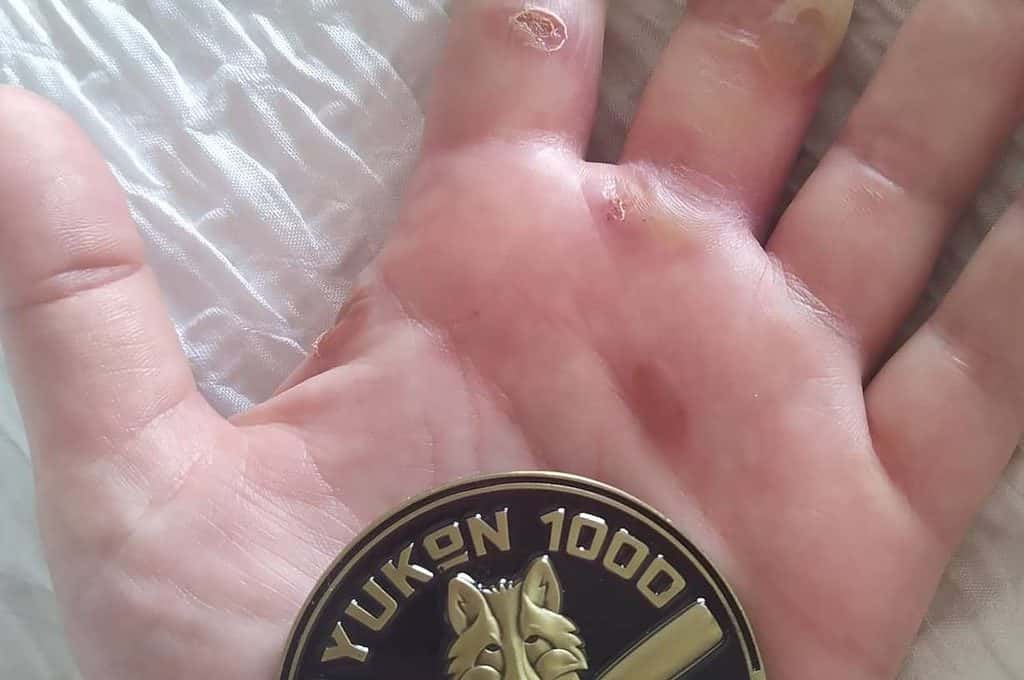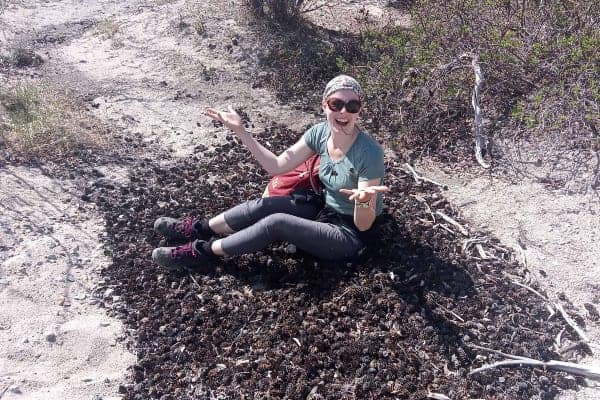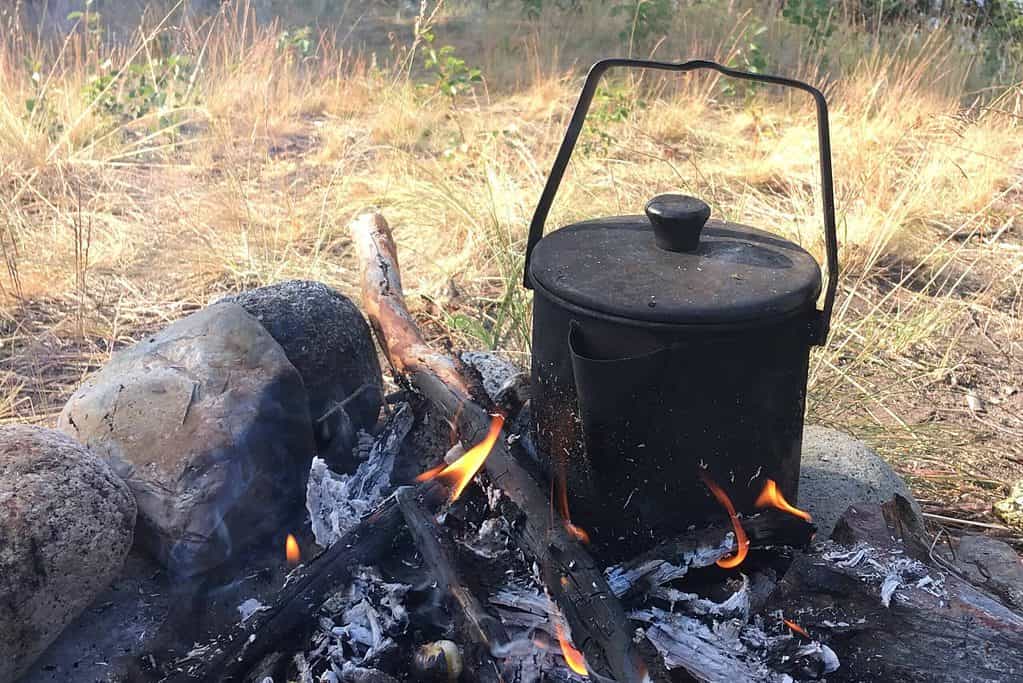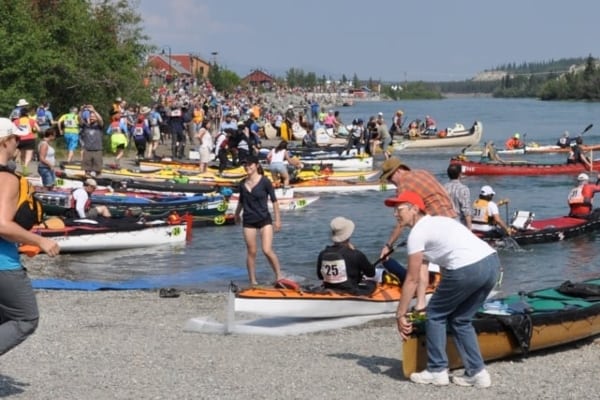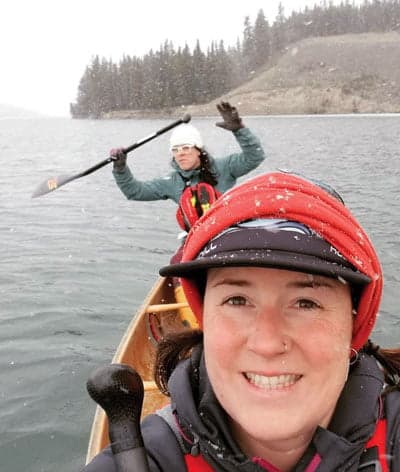
Carmen Gustafson is gearing up for her fourth Yukon River Quest. For those who are fond of stats, that means that by this year’s Canada Day long weekend she will have raced 2,860 km between Whitehorse and Dawson City. To the casual observer this probably sounds crazy, especially when you consider that those paddlers who win the 715 km race average 45 hours of continuous paddling, while some of the recreational teams may take more than 70 hours to finish. If you wondered why they do it, you wouldn’t be alone.
“A lot of people have this affliction,” said Gustafson. “There’s always something you could do better or differently that keeps drawing you back in. Last year, as I was arriving in Carmacks, I was convinced I never had to do the race again, but by the time I reached Dawson my mind had completely shifted and I knew I had to do the race again.
“My first year I thought this was going to be a one-off. Achieve this amazing goal and then move on to the next thing. The second year it was going to be a two-off, then it was going to be a three-off, and then it was that I was never going to paddle back-to-back years, but the race keeps drawing you back in and causing you to eat your words.”
For her first two races, Gustafson paddled as part of a voyager team, captaining the second year. Last year she paddled the race solo. This year she is captaining a women’s C4 (four-person canoe).
“This is the first year that there is a women’s C4 category,” she said. “So we want to be competitive and push each other. After all, the team that wins the category this year will get to set a course record.”
Gustafson said that every race is unique and has its own character, surprises and unexpected events. “My first year we took a swim at Five Finger Rapids and had a huge lightning storm, which is when I learned I am completely terrified of lightning. My second year there was a fire near Fort Selkirk and utterly terrible weather. My third year became a huge learning experience and an opportunity to conquer my fears. I’m really looking forward to seeing what the race throws at us this year.”
She’s also looking forward to paddling at 3 a.m.
“There’s something that happens on the river,” she said. “You have nothing to do but paddle, so you end up shutting your brain off and you really start experiencing your surroundings. It’s an experience you don’t get anywhere else. (Three in the morning) is especially magical. There’s mist on the river, the sky is getting lighter and the birds start singing, but generally you don’t experience that unless you’re in the race. I’ve yet to find anyone who wants to haul themselves out of bed to paddle at that time of day outside of the race.”
Gustafson also highlighted just how special and unique the Yukon River Quest is.
“Yes, it’s a competitive race, but it’s not about conquering the river or crushing your competition,” she said. “There’s a lot of interdependence. You’re racing people, but you’re also looking out for their well-being; you’re trying to travel quickly, but you need to work with the river; you’re paddling through the night and battling the elements, but you need a reprieve from the sun; you’re there as individuals, but also together. The race is really its own ecosystem.”
She has a few words of wisdom for this year’s race virgins, or anyone else considering stepping up to take on the world’s longest paddling race in future—overprepare.
“Talk to everyone you can, read everything you can. You’ll get conflicting advice. Take it all in and work out what works for you. Oh and, just keep paddling!”

